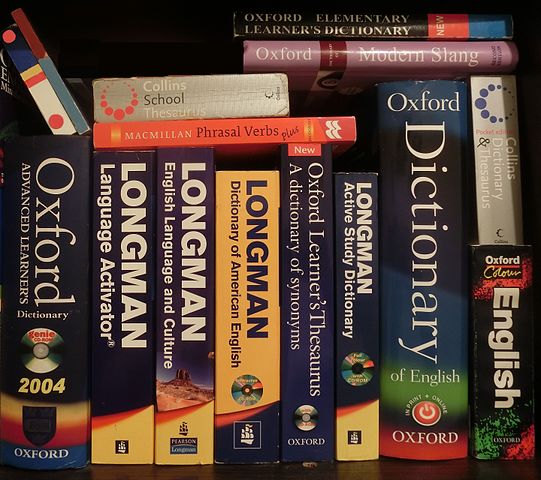- 3-minute read
- 29th December 2016
When to Use Formal and Informal English
Some people take far too much pleasure in correcting other people’s grammar in conversation. Usually, this is the person who interrupts you in the middle of a sentence to tell you that you meant ‘whom’, not ‘who’. And despite being proofreaders, we try not to be this person.
This is partly because we don’t have many friends and don’t want to lose the ones we have. But we also know formal English isn’t always necessary. The key is knowing how to use formal and informal English appropriately.
Formal English
Formal (or standard) English is often used in academic and professional settings, giving us a standard way of communicating with others. It’s also more common in writing than speech. The important thing to know about formal English is that it sticks closely to prescriptive rules of spelling, grammar and punctuation. Other features of formal written English include:
- Avoiding contractions (e.g. ‘isn’t’ or ‘don’t’) and slang terms
- Using academic or technical terminology
- Consistent use of abbreviations and acronyms
- Following a style guide on tone, formatting and referencing
It’s important to use standardised English when writing an essay, as it prevents confusion and demonstrates your ability to communicate effectively in an academic setting. Formal English is less common in day-to-day life, though. It could help to think of it as like evening dress: something you save for special occasions, but not something you’d need every day.

Informal and Non-Standard English
The kind of language we use in everyday life is usually informal or non-standard to some degree. This doesn’t mean we abandon grammar and spelling, just that we don’t worry about the formal rules all the time. There are, in fact, many non-standard forms of English, including poetry, regional dialects, and even the ‘txtspk’ used in SMS messages and online.
Find this useful?
Subscribe to our newsletter and get writing tips from our editors straight to your inbox.

(Photo: Tomwsulcer/wikimedia)
Which of these is best will depend on the situation, but most native speakers know intuitively when to switch from one form of English to another.
Formal or Informal English?
Whether to use formal or informal English depends on the situation. In this blog, we have a slightly informal tone (e.g. using contractions) to make it more accessible. But we also know it’s a proofreading blog, so we try to stick to standard spelling and grammar (we don’t want to set a bad example, after all).

(Photo: Alborzagros/wikimedia)
In academic writing, though, formal English is best. The same is true when communicating with authority figures or other officials. You may also want to be formal when contacting someone you don’t know for professional reasons.
However, non-standard English is often important in creative writing. And when with your friends, or just chatting online, there’s nothing wrong with using informal English. Unless everyone you know is a massive pedant, of course. In which case, you should watch your language at all times!